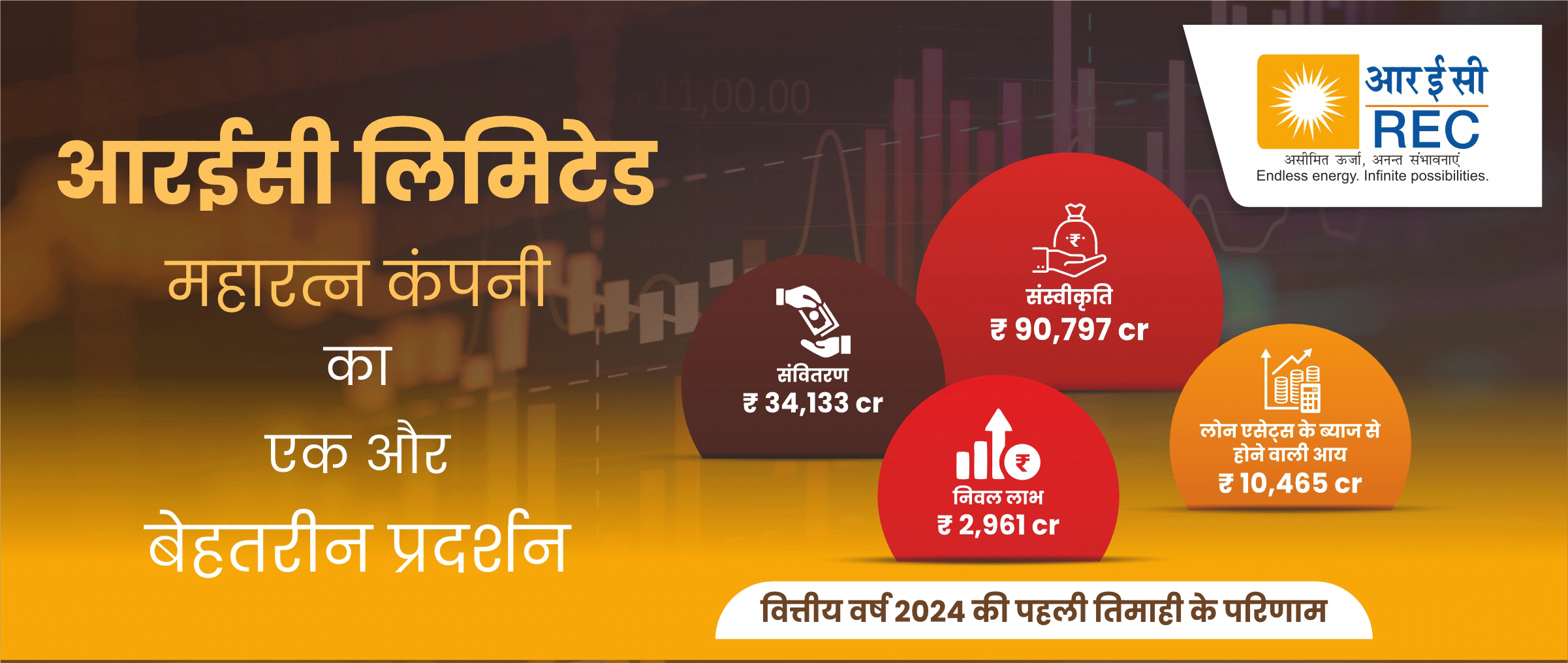TO RECIEVE EXCLUSIVE POSTS AND NEWS
Must Read
Real Estate sector & saga of trust deficit: Malicious stratagems provoke PIL
By Vishal Duggal & Rakesh Ranjan- 20 Dec 2020
2698New Delhi (20.12.2020: The ever-increasing number of complaints filed and registered with RERA authorities, HCs and the SC, and consumer forums across the country clearly corroborate the fact that the woes of property buyers in the country continue to mount as real estate companies are contriving new techniques to resort to malicious, unfair and fraudulent trade practices. Though buying a house involves savings of a lifetime, most people sign the property-related papers without even reading them carefully, let alone cross-questioning the builder with regard to T&C clauses. Since buyers never consult lawyers to avoid costs and inconvenience, builders get away with one-sided agreements (BBA) that provide them with legal protective shields. This has provoked the filing of a PIL in the Supreme Court seeking direction to the Centre to frame a uniform builder-buyer agreement (BBA) to ensure fairness and transparency and protect the rights and interests of the buyers. The PIL is filed by a public-spirited advocate, Ashwini Kumar Upadhyay, who has sought an SC direction to all the states to enforce ''Model Builder-Buyer Agreement'' and ''Model Agent Buyer Agreement'' and to take steps to avoid “mental, physical and financial injury” to customers in sync with the spirit of the Real Estate (Regulation and Development) Act, 2016 (RERA) and Articles 14, 15 and 21 of the Constitution. What are the most common tricks in property documentation through which builders take consumers for a ride? Below are listed some of the blatant stratagems that the unequal Buyer-Builder Agreements (BBAs) invariably incorporate to minimize the cost of builders and inversely increase the cost of buyers. Penalty Clause: One glaring example is the penalty clause that entitles the builder to charge as much as 18% interest from the buyer for delayed payments, whereas, for the delay in handing over the possession of the flat to the buyer, the penalty is put only @ 1-2 % rate of interest. Not unsurprisingly, many agreements have toothless penalty clauses for delayed delivery such as “at the rate of Rs 5 per sq ft of the flat area per month for the delayed period." So, for a 1,000-sq. ft flat, it translates to a paltry compensation of Rs 5,000 per month. Further, the BBA generally entitles the builder to cancel the allotment and terminate the Agreement if any installment on the part of the buyer remains in arrears for more than 30 days. However, the right to terminate is provided to the flat purchaser only if the builder is guilty of a delay in delivery after 12 months from the end of the grace period. As per the BBA, the builder can serve a termination notice upon the flat purchaser for breach of any contractual obligation. Further, if the payment of installment remained in arrear for more than 30 (thirty) days, the Agreement automatically stands canceled and the Builder has the right to forfeit the entire amount of earnest money towards liquidated damages. However, if the flat purchaser fails to exercise his right to termination within the stipulated time, he shall have no right of termination thereafter and shall be bound by the provisions of the Agreement. Ambiguous timeline: The BBA generally does not clearly specify the date of delivery. For instance, it generally states: "The delivery of the possession is subject to force majeure (unforeseeable circumstances that prevent someone from fulfilling a contract)." All this is inserted to shield the builder against delayed possession. Price hike clause: Many agreements contain the rider that the builder can ask for additional payments if specifications are changed or there are cost overruns. This clause helps the builders to raise the price of the property in an arbitrary way. Even in the case of delay in project delivery, they often escalate the cost on the pretext of an increase in raw material and other input costs. Flat size change: A typical BBA attributes the plans, designs, and specifications of the flat as tentative with the developer reserving the right to make variations and modifications. The agreements often include a clause authorizing the builder, in case of a change in the area, to adjust the difference in cost of the area at the time of making the final payment. So, the builder tends to ask the buyer to shell out extra bucks, usually 10%-15%more, while the benefit of the so-called area to the buyer, is negligible. Further, it leads to an increase in the maintenance charge, as the monthly maintenance charges are described as subject to revision from time to time, as per the agreement. Change in the building plan: Builders often draft the BBA in such a way that they could effect changes in the building plan, even increasing Floor Area Ratio (FAR) resulting in the addition of multiple storeys, thus endangering the safety of the building. No Commitment on Completion Certificate: Builders usually do not comply with the norm of giving the completion certificate (CC) at the time of handing over the flat. Without this CC issued by municipal authorities, the buyer faces legal issues as he/she is not able to get the house registered, obtain utility connections, and even sell, mortgage, or reverse mortgage the property as he cannot prove his ownership. Abysmal quality: The agreement does not empower the buyer to check the building materials used or monitor the quality of construction. Often, a buyer faces the uncomfortable sight of plaster peeling off, fans not working, water seeping in as the pipes start corroding a few months after moving into his house. (By Vishal Duggal & Rakesh Ranjan)
Readers' Choice
ED arrests Anil Tuteja in Chhattisgarh liquor scam case 21 Apr 2024
IPS officer writes to “Sarkar” seeking “Car” at par; flags a discriminatory regime 19 Apr 2024
Gujarat: A major reshuffle of IPS enacted 14 Apr 2024
Ex IAS officer joins BJP; to be fielded against Harsimrat Badal 12 Apr 2024
ECI rejects proposal to appoint Saunik as CS; extension for Kareer sought 29 Mar 2024
Real Estate sector & saga of trust deficit: Malicious stratagems provoke PIL
By Vishal Duggal & Rakesh Ranjan - 2020-12-20 15:04:00

New Delhi (20.12.2020: The ever-increasing number of complaints filed and registered with RERA authorities, HCs and the SC, and consumer forums across the country clearly corroborate the fact that the woes of property buyers in the country continue to mount as real estate companies are contriving new techniques to resort to malicious, unfair and fraudulent trade practices.
Though buying a house involves savings of a lifetime, most people sign the property-related papers without even reading them carefully, let alone cross-questioning the builder with regard to T&C clauses. Since buyers never consult lawyers to avoid costs and inconvenience, builders get away with one-sided agreements (BBA) that provide them with legal protective shields.
This has provoked the filing of a PIL in the Supreme Court seeking direction to the Centre to frame a uniform builder-buyer agreement (BBA) to ensure fairness and transparency and protect the rights and interests of the buyers. The PIL is filed by a public-spirited advocate, Ashwini Kumar Upadhyay, who has sought an SC direction to all the states to enforce ''Model Builder-Buyer Agreement'' and ''Model Agent Buyer Agreement'' and to take steps to avoid “mental, physical and financial injury” to customers in sync with the spirit of the Real Estate (Regulation and Development) Act, 2016 (RERA) and Articles 14, 15 and 21 of the Constitution.
What are the most common tricks in property documentation through which builders take consumers for a ride?
Below are listed some of the blatant stratagems that the unequal Buyer-Builder Agreements (BBAs) invariably incorporate to minimize the cost of builders and inversely increase the cost of buyers.
Penalty Clause:
One glaring example is the penalty clause that entitles the builder to charge as much as 18% interest from the buyer for delayed payments, whereas, for the delay in handing over the possession of the flat to the buyer, the penalty is put only @ 1-2 % rate of interest. Not unsurprisingly, many agreements have toothless penalty clauses for delayed delivery such as “at the rate of Rs 5 per sq ft of the flat area per month for the delayed period." So, for a 1,000-sq. ft flat, it translates to a paltry compensation of Rs 5,000 per month.
Further, the BBA generally entitles the builder to cancel the allotment and terminate the Agreement if any installment on the part of the buyer remains in arrears for more than 30 days. However, the right to terminate is provided to the flat purchaser only if the builder is guilty of a delay in delivery after 12 months from the end of the grace period.
As per the BBA, the builder can serve a termination notice upon the flat purchaser for breach of any contractual obligation. Further, if the payment of installment remained in arrear for more than 30 (thirty) days, the Agreement automatically stands canceled and the Builder has the right to forfeit the entire amount of earnest money towards liquidated damages. However, if the flat purchaser fails to exercise his right to termination within the stipulated time, he shall have no right of termination thereafter and shall be bound by the provisions of the Agreement.
Ambiguous timeline:
The BBA generally does not clearly specify the date of delivery. For instance, it generally states: "The delivery of the possession is subject to force majeure (unforeseeable circumstances that prevent someone from fulfilling a contract)." All this is inserted to shield the builder against delayed possession.
Price hike clause:
Many agreements contain the rider that the builder can ask for additional payments if specifications are changed or there are cost overruns. This clause helps the builders to raise the price of the property in an arbitrary way. Even in the case of delay in project delivery, they often escalate the cost on the pretext of an increase in raw material and other input costs.
Flat size change:
A typical BBA attributes the plans, designs, and specifications of the flat as tentative with the developer reserving the right to make variations and modifications. The agreements often include a clause authorizing the builder, in case of a change in the area, to adjust the difference in cost of the area at the time of making the final payment. So, the builder tends to ask the buyer to shell out extra bucks, usually 10%-15%more, while the benefit of the so-called area to the buyer, is negligible.
Further, it leads to an increase in the maintenance charge, as the monthly maintenance charges are described as subject to revision from time to time, as per the agreement.
Change in the building plan:
Builders often draft the BBA in such a way that they could effect changes in the building plan, even increasing Floor Area Ratio (FAR) resulting in the addition of multiple storeys, thus endangering the safety of the building.
No Commitment on Completion Certificate:
Builders usually do not comply with the norm of giving the completion certificate (CC) at the time of handing over the flat. Without this CC issued by municipal authorities, the buyer faces legal issues as he/she is not able to get the house registered, obtain utility connections, and even sell, mortgage, or reverse mortgage the property as he cannot prove his ownership.
Abysmal quality:
The agreement does not empower the buyer to check the building materials used or monitor the quality of construction. Often, a buyer faces the uncomfortable sight of plaster peeling off, fans not working, water seeping in as the pipes start corroding a few months after moving into his house.
(By Vishal Duggal & Rakesh Ranjan)















